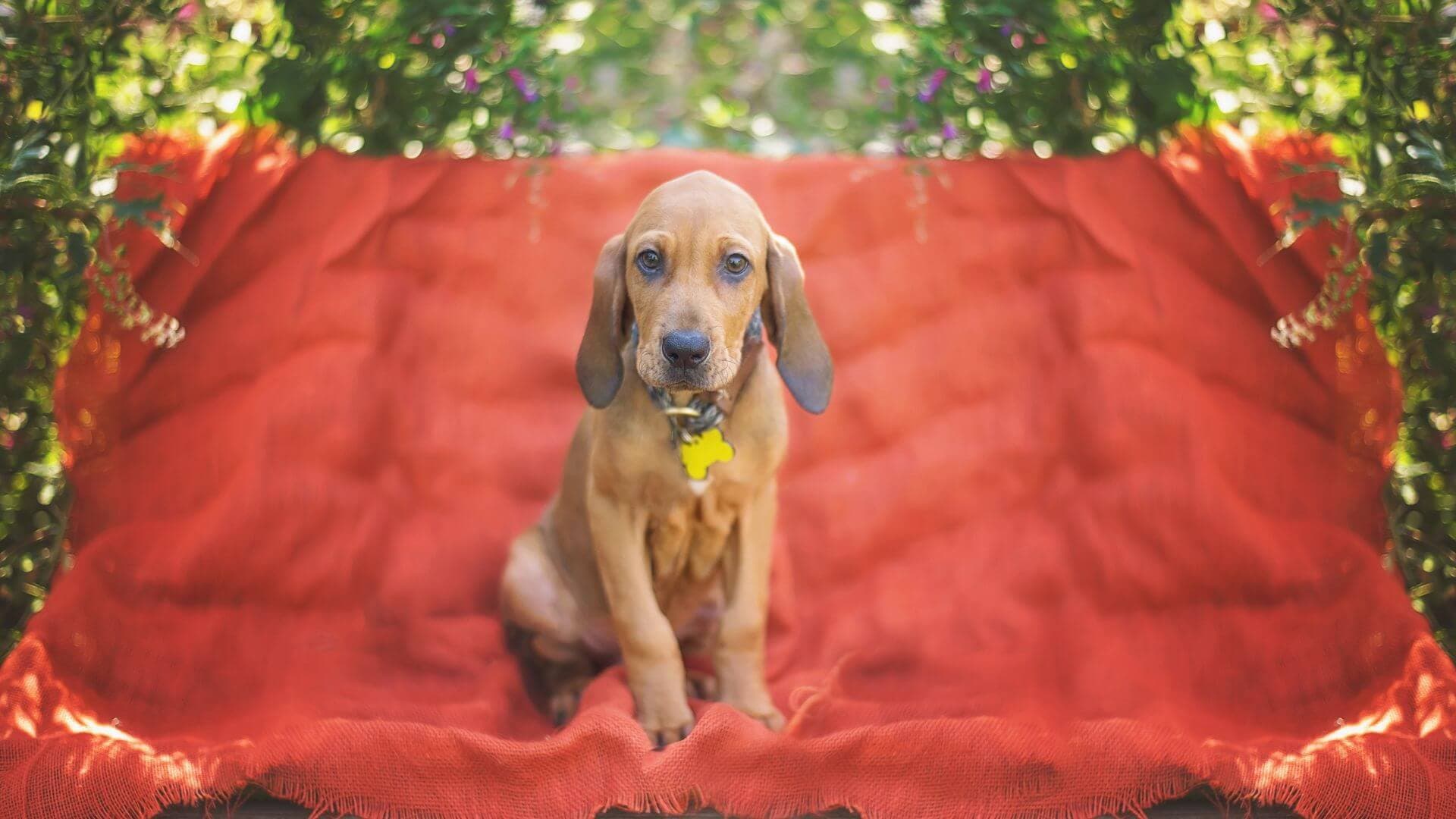Bloodhound Price Ranges
Understanding the investment levels for different quality Bloodhounds
Family Companions
PERFECT FOR FAMILIESBest Value
Perfect family companions with legendary scenting abilities and devoted hearts, available through verified sellers on Petmeetly.
Show & Performance
CHAMPIONSHIP POTENTIALPremium Quality
Exceptional specimens with superior tracking ability and show conformation, listed by specialized breeders on our marketplace.
Elite Breeding Lines
TOP TIER QUALITYExceptional Investment
Outstanding bloodlines for serious breeders and tracking enthusiasts, available through verified breeders.
Factors Affecting Price
WHAT DETERMINES COSTSeveral key factors influence the price of Bloodhound puppies on our marketplace:
Bloodhound Market Insights
MARKET TRENDSFor Tracking Excellence
Bloodhounds are valued for their legendary tracking abilities and gentle, devoted nature. This ancient breed maintains steady demand among experienced handlers and working dog enthusiasts.




